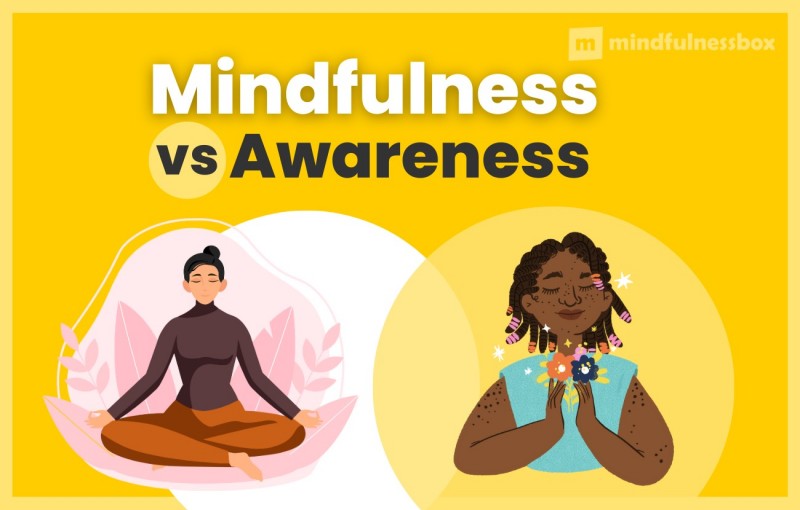Current location:Home > Nutrition Science > Special Diets > Text
Time:2025-07-25 Source:Mind Body FuelAuthor:Click:1
When it comes to wellness and weight management, the low glycemic index diet has proven to be a game-changing approach. This scientifically-backed nutritional plan is based on the glycemic index (GI), a ranking of carbohydrates on a scale from 0 to 100, according to how swiftly they raise blood sugar levels after eating.
Adopting a low glycemic index diet can do wonders for your health, beauty, and overall well-being. The premise is simple – prefer foods with a low GI value (55 or less) that are digested slowly, causing a gradual rise in blood glucose levels. This differs from high GI foods (70 and above), which are rapidly digested and cause a swift surge in blood sugar.
But why does this matter? According to a 2023 study published in the Journal of Nutritional Health, consistently high levels of blood sugar can lead to insulin resistance, a key factor in many health problems, including type 2 diabetes and heart disease. So, keeping your blood sugar steady with a low glycemic index diet can be a proactive step towards better health.
Such a diet is not just for those with health concerns. It’s also a boon for beauty enthusiasts and those seeking weight management. The slow and steady release of energy can keep your hunger at bay, helping to control cravings and manage weight. Additionally, the diet is rich in antioxidants, promoting healthy skin and slowing down the aging process.
So, how can you adopt a low glycemic index diet? Start by choosing whole grains, legumes, and non-starchy vegetables over processed foods. For instance, swap white bread with whole grain bread and white rice with brown rice or quinoa. Opt for fruits like pears, apples, and oranges over watermelon and dates. Moreover, include lean proteins and healthy fats in your meals, as they have little to no effect on your blood sugar levels.
However, while the low glycemic index diet offers many benefits, it should not be the sole criterion for choosing your foods. Keep in mind that a food’s GI doesn’t reflect its nutritional value. For example, chocolate has a lower GI than watermelon, but the latter is clearly a healthier choice. Therefore, balance is key. You should aim for a varied diet that’s rich in lean proteins, fruits, vegetables, and whole grains.
Embracing a low glycemic index diet doesn’t mean you have to give up all your favorite foods. It’s about making smarter choices and understanding how different foods impact your body. By doing so, you’re not just dieting; you’re adopting a healthier lifestyle. Remember, it’s a journey, not a race. So, take it one step at a time and watch the benefits unfold.
In conclusion, a low glycemic index diet can be a powerful tool for weight management, health, and beauty. As with any dietary change, consult with a healthcare professional before starting. With the right guidance and knowledge, you can unlock the many benefits this diet has to offer.

Wearable Device Subscription Models: A New Era of Health and Wellness

Unlocking Health Benefits with a Low Glycemic Index Diet

Unlocking Creativity: The Profound Link Between Restful Sleep and Innovation

Pilates for Shoulder Mobility: Enhancing Movement and Promoting Health

Boost Your Ankle Stability with Balance Boards: A Comprehensive Guide

Discovering the Power of PMS Natural Remedies: A Holistic Approach

Elevate Your Wellness: A Comparison of Laptop Stands Roost vs Nexstand

Unveiling the Health Benefits of Royal Jelly Fatty Acids

Cultivating Creative Resilience: A Path to Wellness

Unlock Your Potential: Best Electrolyte Supplement for Athletes
 Wearable Device Subscription Models: A New Era of Health and Wellness
Wearable Device Subscription Models: A New Era of Health and Wellness
 Discovering the Power of PMS Natural Remedies: A Holistic Approach
Discovering the Power of PMS Natural Remedies: A Holistic Approach
 Elevate Your Wellness: A Comparison of Laptop Stands Roost vs Nexstand
Elevate Your Wellness: A Comparison of Laptop Stands Roost vs Nexstand
 Swim Your Way to Fitness: The Best Fitness Trackers for Swimming in 2022
Swim Your Way to Fitness: The Best Fitness Trackers for Swimming in 2022






Copyright @ 2025 Mind & Body Fuel Email:xya0876@gmail.com No:26148
Statement: The articles on this website are all from the Internet and do not represent any views. Before making any health decisions, you must consult your doctor.